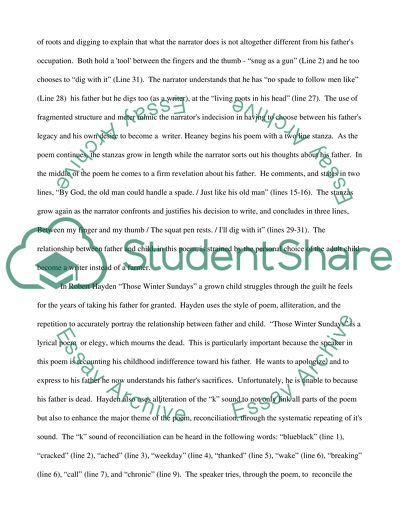Cite this document
(“Exploration of the Father Child Relationship through the Use of Essay”, n.d.)
Retrieved from https://studentshare.org/literature/1522705-exploration-of-the-father-child-relationship
Retrieved from https://studentshare.org/literature/1522705-exploration-of-the-father-child-relationship
(Exploration of the Father Child Relationship through the Use of Essay)
https://studentshare.org/literature/1522705-exploration-of-the-father-child-relationship.
https://studentshare.org/literature/1522705-exploration-of-the-father-child-relationship.
“Exploration of the Father Child Relationship through the Use of Essay”, n.d. https://studentshare.org/literature/1522705-exploration-of-the-father-child-relationship.


